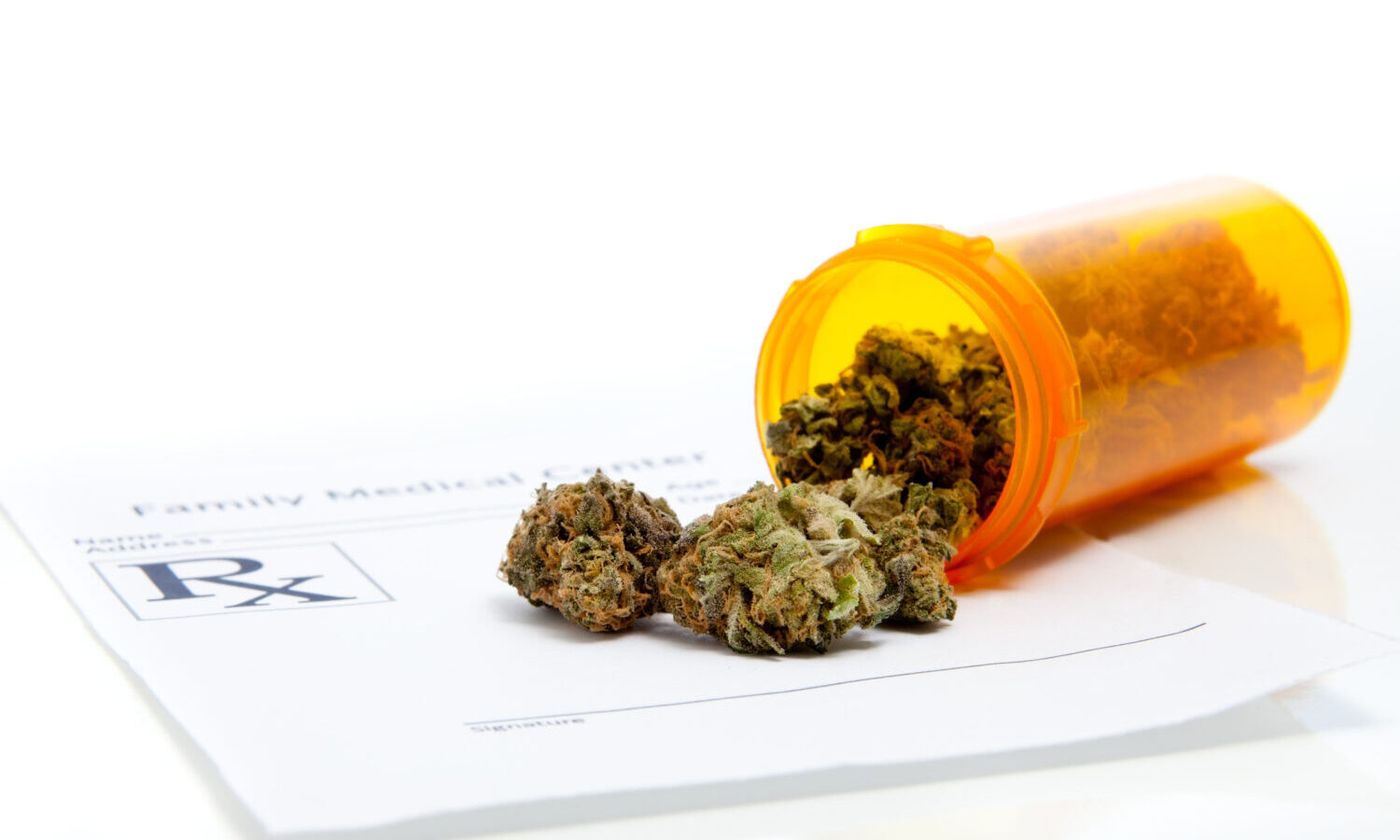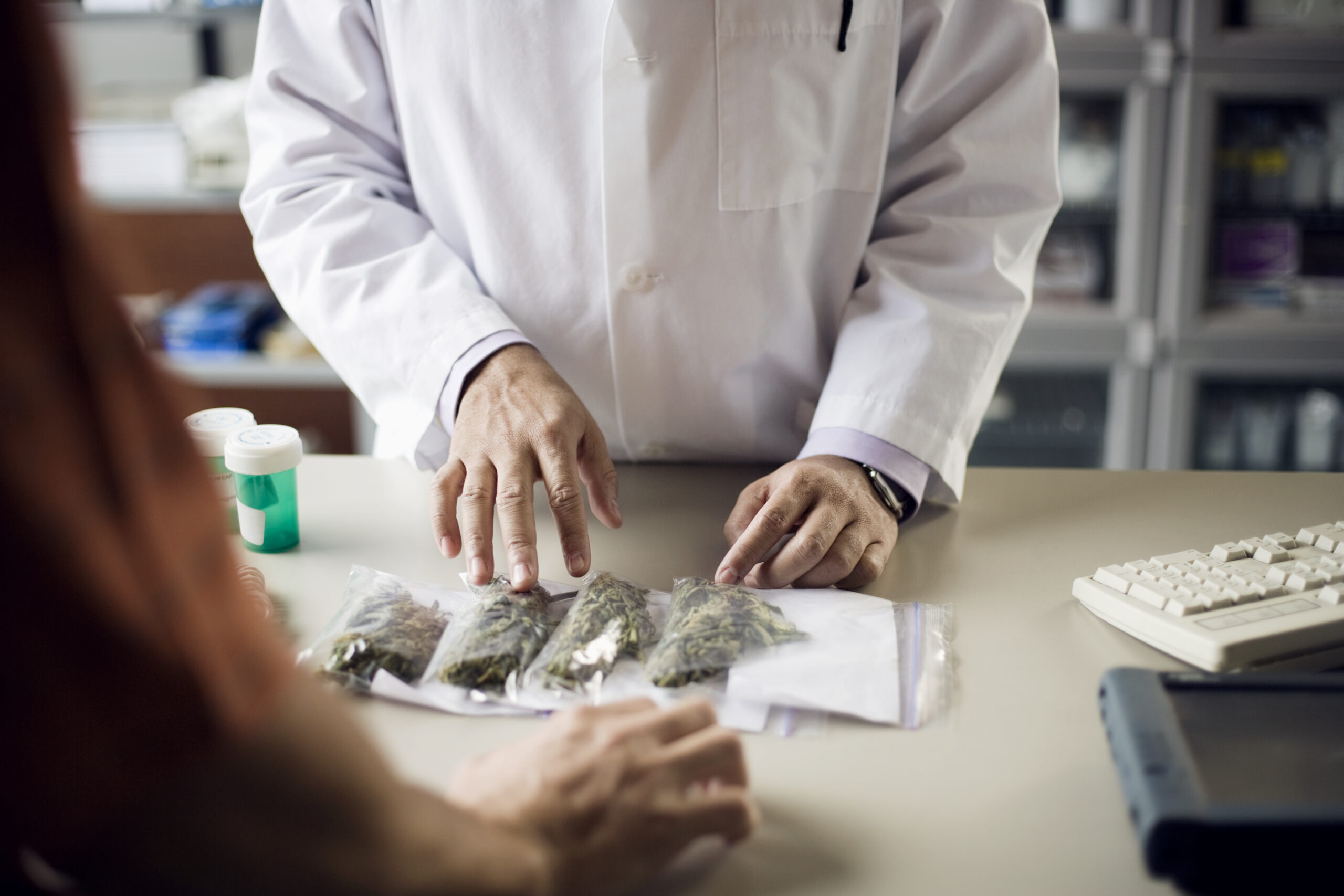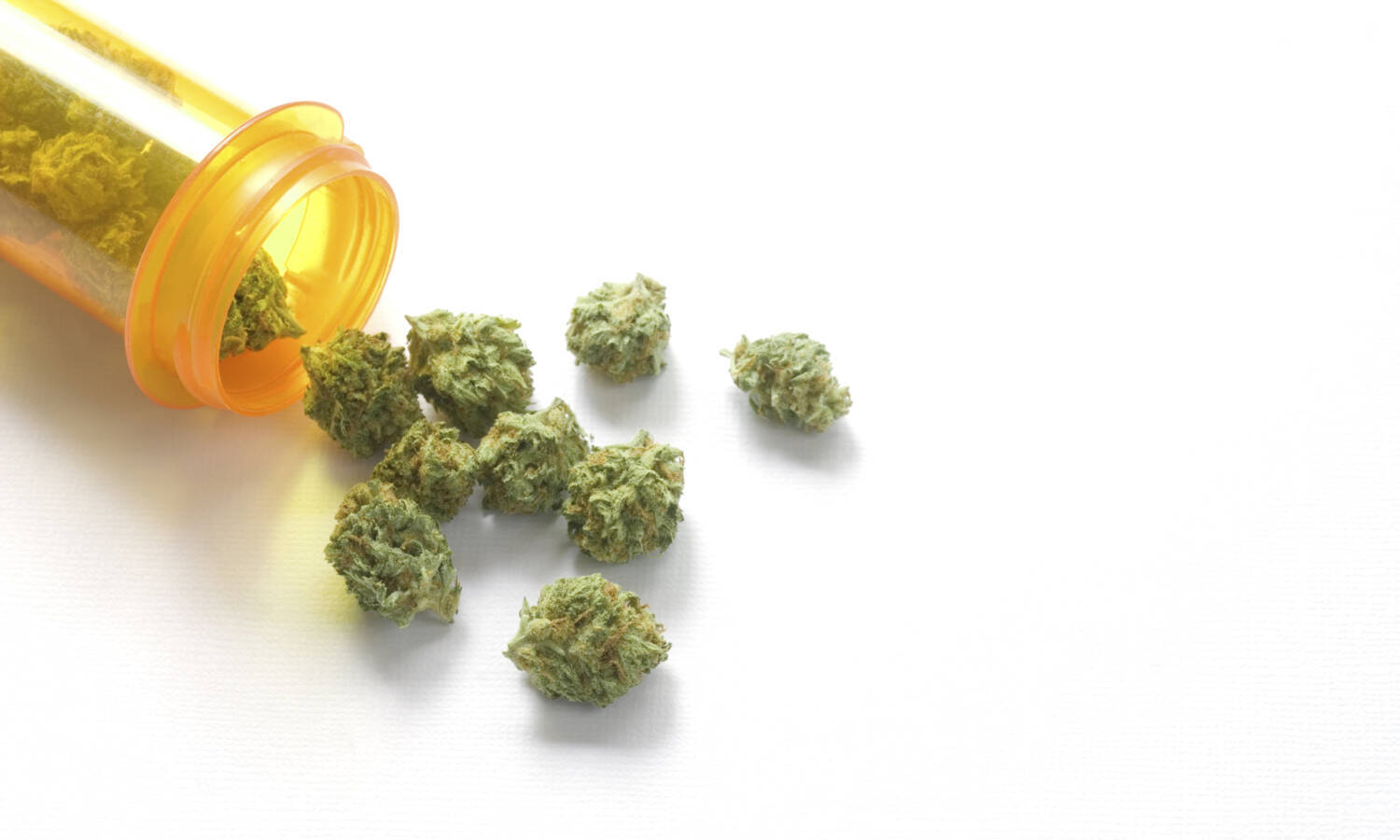
It is completely understandable to have skepticism towards prescription pain medication. America’s opioid crisis continues to take record numbers of lives, while many others live quietly addicted to pain medication.
If you injure yourself or require surgery, you are likely going to experience pain. You also might want nothing to do with potentially-addictive pain medication when it is offered. Marijuana, as we have previously reported, can be a great alternative to opioids. But will your doctor prescribe you weed instead of painkillers?
Health care professionals can’t actually prescribe pot because the federal government still classifies marijuana as a schedule 1 drug. In other words, your doctor can’t exactly toss out your opioid prescription and write a new one for medical marijuana. Depending on the state, however, the doctor might be able to assist you in using marijuana as medical therapy for your recovery. The bigger question is, is your doctor willing to sign off on this?

Be Honest With your Physician
There is no point in beating around the bush, or trying to deceive your doctor. They have seen it all, and can spot a liar. If you want marijuana instead of other pain medication, just plead your case.
The current opioid crisis in the country is not a secret. A physician is likely going to be far more receptive to a patient who is honest about not wanting to use opioids, but instead prefers the marijuana route. If you are afraid of the dangers of opioids, or their adverse side effects – be vocal. This won’t guarantee you a medical marijuana card, but it opens up a dialogue to alternative treatments.
Being honest about your marijuana use can also help you before a surgery and in treatment. Your doctor needs to know if you use marijuana, and if so how much. “In order to know which medicines and how much to use, your doctor needs to know ahead of time how much and how often you use marijuana,” according to Harvard.
Do Your Research
When you prepare to earn your doctor’s blessing for marijuana to ease your pain, know the facts. This is not always an easy thing to do, as medical research on marijuana continues to struggle since it is illegal on a federal level. This lack of research, in fact, is what keeps physicians and organizations from wholeheartedly embracing medical marijuana today.
The CDC, for example, said “even though pain management is one of the most common reasons people report for using medical marijuana in the United States, there is limited evidence that marijuana works to treat most types of acute or chronic pain.” This means coming to your doctor with information, studies, and applicable reasons for your desire to use marijuana instead of other pain medication is a great way to keep your doctor from telling you “there just isn’t enough information.”
RELATED: How To Get A Medical Marijuana Card In Your State
Keep in mind that doctors are a wealth of knowledge, but medical marijuana and its benefits are a very new science and not all medical professionals are up to date with the latest developments.

Listen To Your Doctor’s Advice
At the end of the day, remember your doctor is giving you a knowledgeable opinion, and you should not brush it off. Medical opinions and treatment plans should be respected to avoid unnecessary risks. If your doctor does not support marijuana as a substitute for pain medication, take this advice seriously.
RELATED: Ask A Doctor: Can I Trust That My Physician Won’t Judge My Marijuana Use?
Keep in mind that if your doctor does not support your desires to use medical marijuana, you can also seek a second opinion. After all, according to NORML, more than two thirds of health clinicians believe that marijuana can be used medically.
If you find that multiple medical professionals are telling you marijuana is not the solution, you should heed their advice. After all, marijuana is not a “cure all.” Some conditions require specific treatment plans that do not involve cannabis.






